“They’re Not Just Sharing Needles, They’re Sharing Blood”: HIV Outbreak Soars in Fiji
- bykrish rathore
- 10 October, 2025
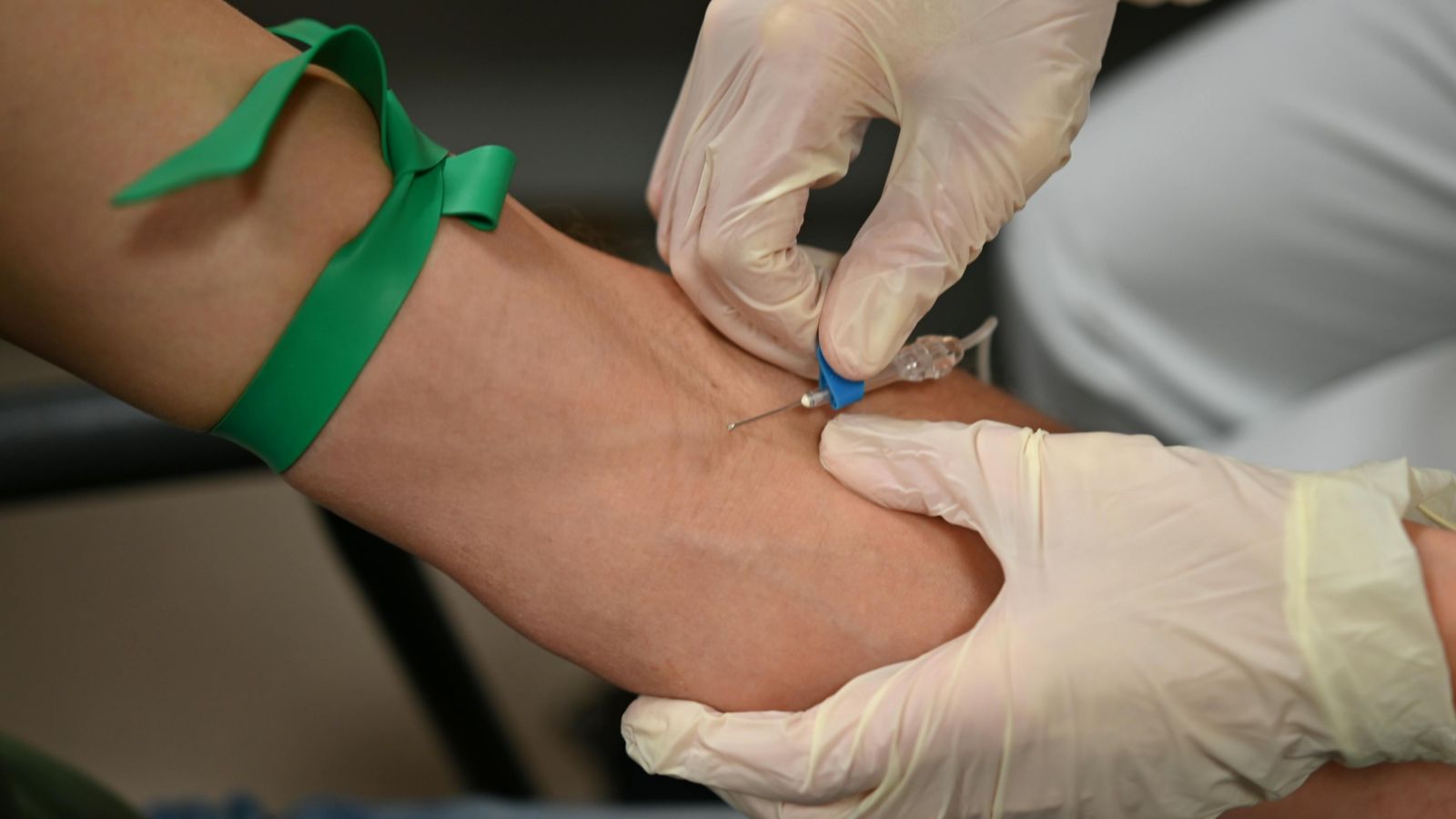
Over the past decade, Fiji—an island nation in the South Pacific with fewer than a million people—has experienced one of the fastest-growing HIV epidemics in the Asia-Pacific region. Once thought to be largely under control, HIV infections have surged dramatically, propelled by a dangerous mix of injectable drug use, unsafe blood-sharing practices, and limited access to harm reduction services.
In 2014, there were fewer than 500 people in Fiji living with HIV. By 2024, that number had ballooned to about 5,900, an eleven-fold increase. Fiji Times+1 In that same year, 1,583 new HIV cases were registered—a thirteenfold rise compared to the past five-year average. Notably, 41 cases were among children aged 15 or younger, up from 11 in the previous year.
A striking driver of the outbreak is a practice known as “bluetoothing” (also called “hotspotting”): after one person injects methamphetamine, they withdraw their own blood into a syringe; someone else then injects that blood into themselves, and the cycle continues. Multiple people sharing one high—and a single syringe—magnifies exposure to HIV, as blood (rather than just the needle) is drawn into someone else’s system.
Other contributing factors include the rising use of methamphetamine via injection, family members sharing syringes, and a lack of clean needle and syringe programmes. Pharmacies often require prescriptions for syringes, and needle-exchange services are scarce.
Young people are disproportionately affected. Children as young as 10-13 have been diagnosed, many through drug related transmission rather than sexual activity. In adolescents, recent diagnoses have grown sharply—there has been a 45-fold rise in adolescent HIV diagnoses over three years, largely attributed to shared injecting equipment
In response, Fiji’s health authorities declared a national HIV outbreak in January 2024 and launched an Outbreak Response Plan and a HIV Surge Strategy (2024-2027).The government has allocated millions to boost testing, improve public awareness, scale up harm reduction services, and better support vulnerable groups like street youth.
Still, many challenges remain. Stigma around HIV and drug use, logistic issues in health infrastructure, gaps in surveillance and diagnostics, shortages of clean injecting equipment, and the social stigma that keeps many cases unreported or untreated all compound the crisis. Experts warn that unless these are addressed with urgency and scale, the epidemic could worsen further.
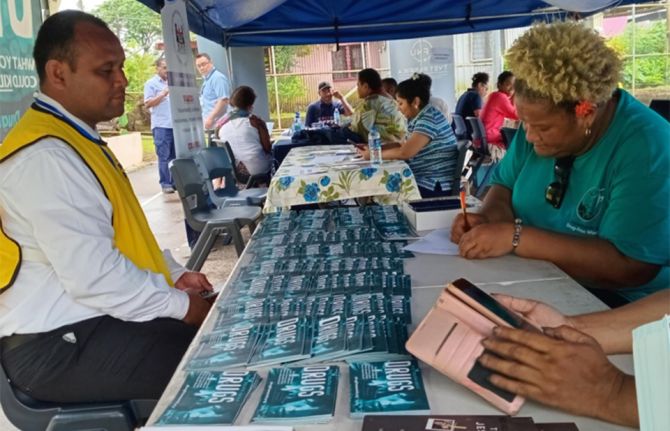
Note: Content and images are for informational use only. For any concerns, contact us at info@rajasthaninews.com.
40 के बाद शर्ट से बा...
Related Post
Hot Categories
Recent News
Daily Newsletter
Get all the top stories from Blogs to keep track.
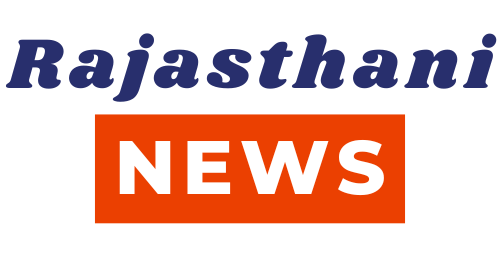

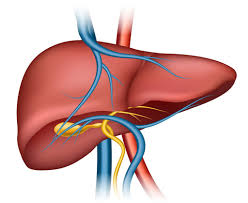


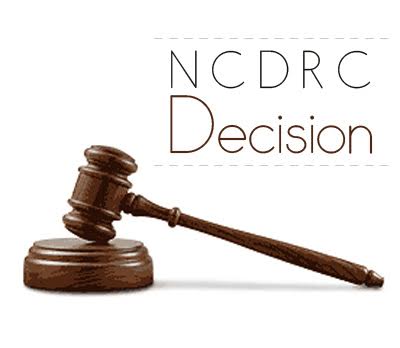
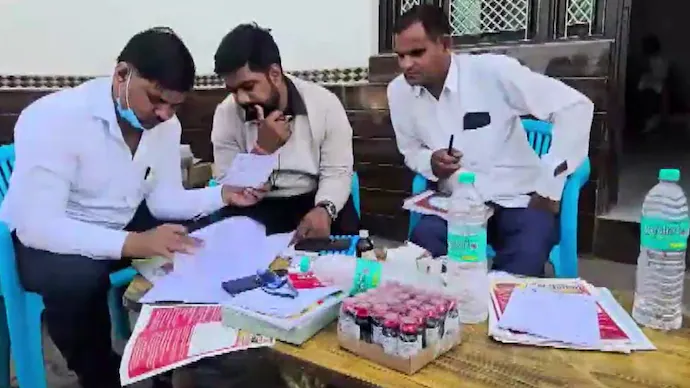
_1772465804.jpg)
_1772465408.jpg)
_1772464394.jpg)
_1772463878.jpg)
